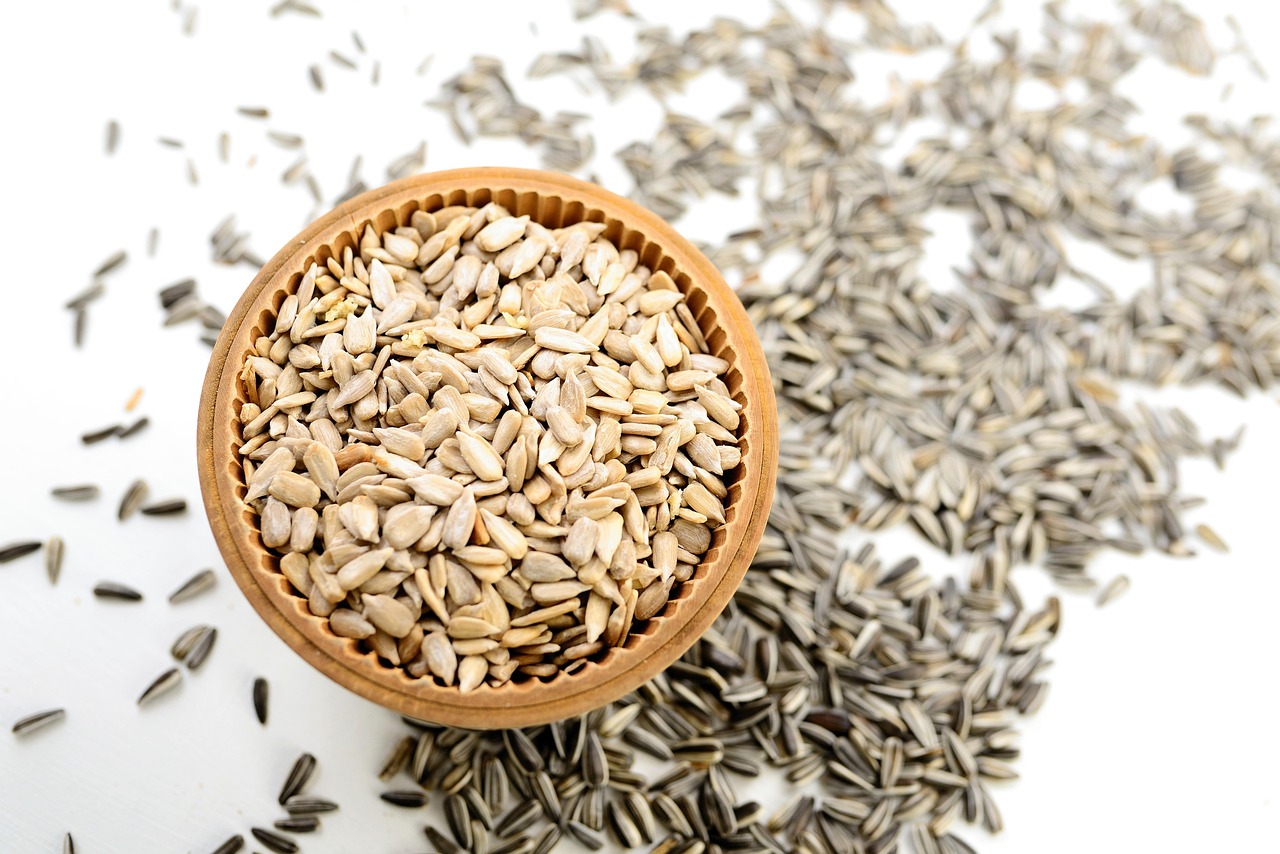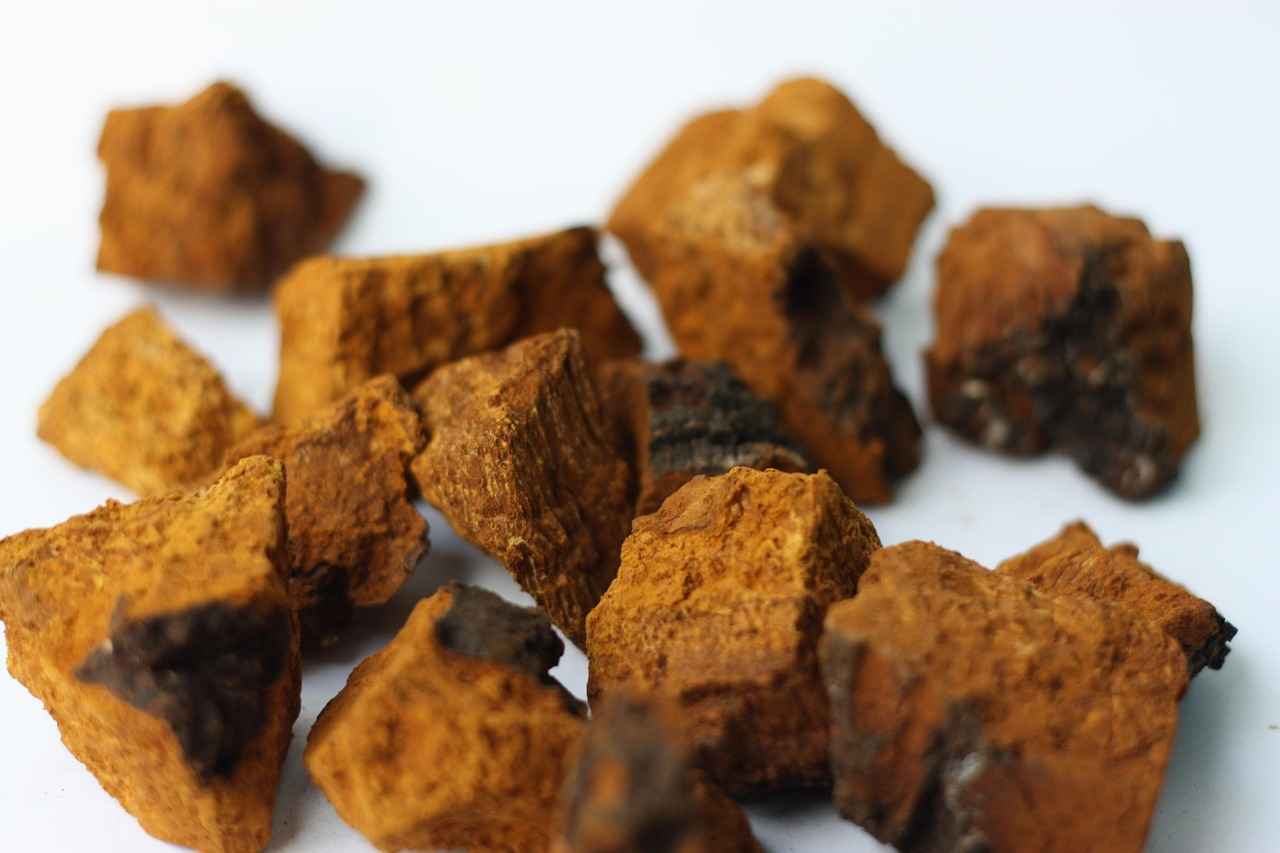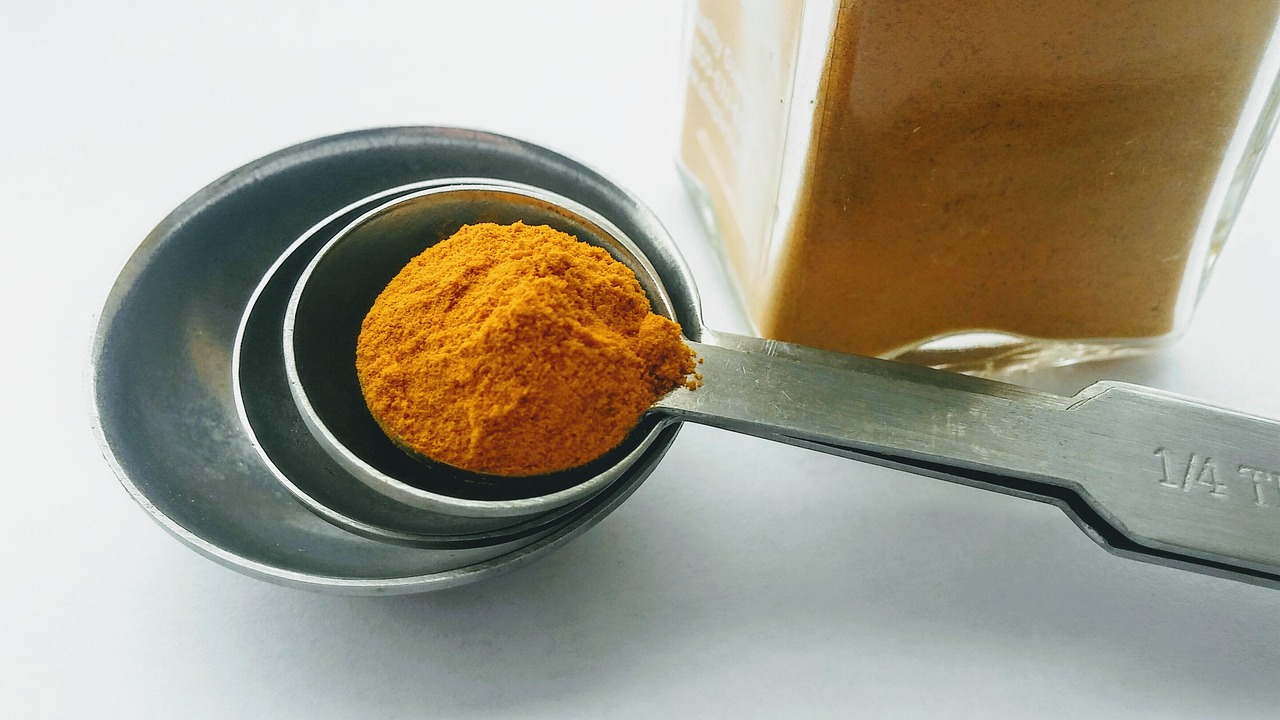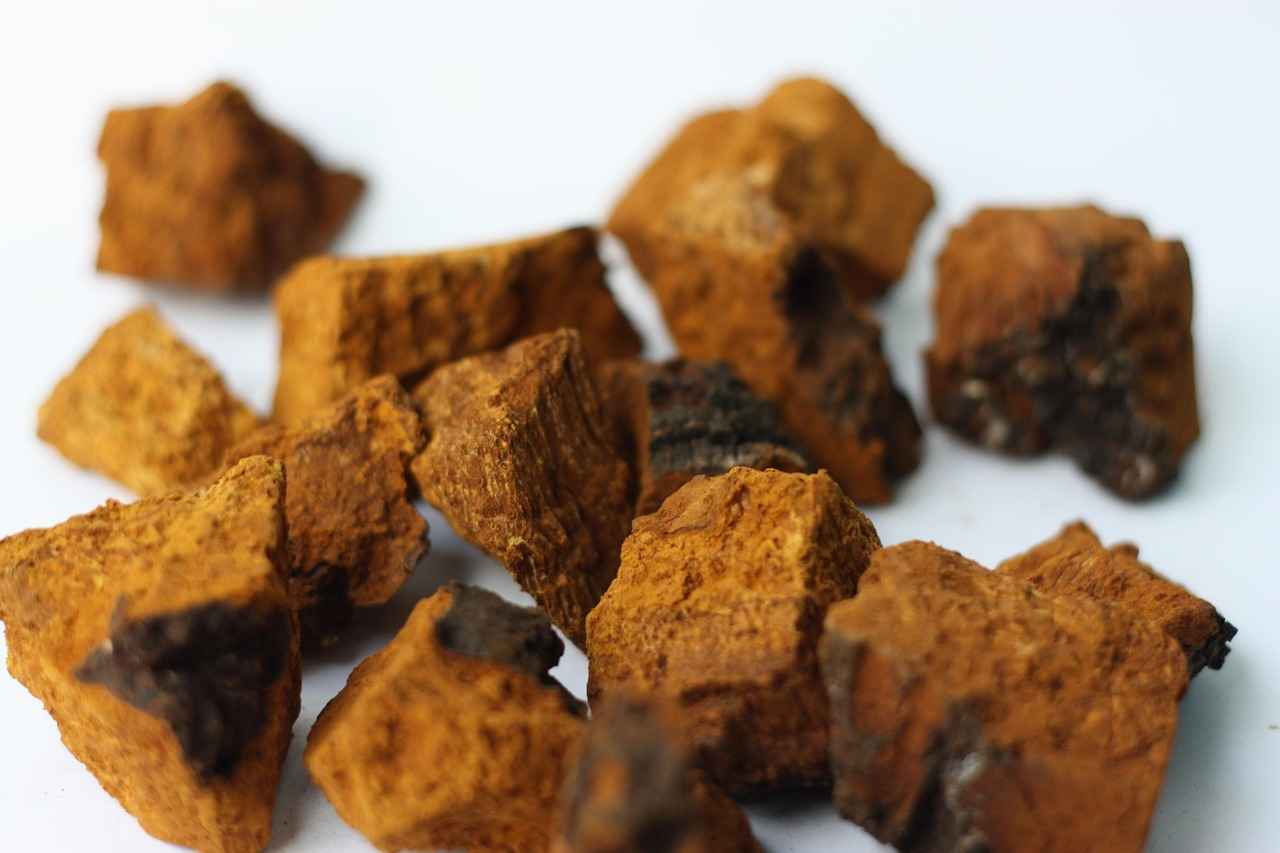This article delves into the benefits of fucoidan, a bioactive compound derived from brown seaweed, and its role in promoting cellular health and overall well-being. Fucoidan has gained attention in recent years due to its numerous health benefits, particularly in the realms of inflammation reduction and immune system support.
What is Fucoidan?
Fucoidan is a sulfated polysaccharide predominantly found in various species of brown seaweed, such as kombu and wakame. This compound is recognized for its complex structure and diverse biological activities, making it essential to understand how it contributes to cellular health.
Health Benefits of Fucoidan
Research has linked fucoidan to an array of health benefits, including:
- Anti-inflammatory Properties: Fucoidan has the ability to modulate inflammatory pathways, potentially reducing chronic inflammation associated with various diseases.
- Antioxidant Effects: This compound acts as a powerful antioxidant, safeguarding cells from oxidative stress and contributing to cellular defense mechanisms.
Fucoidan and Immune System Support
Fucoidan is believed to enhance the immune response by stimulating immune cells, thus playing a vital role in supporting overall health and disease prevention.
How to Incorporate Fucoidan into Your Diet
To reap the benefits of fucoidan, consider the following dietary sources:
- Brown seaweeds like kombu and wakame
- Fucoidan supplements for those unable to consume enough seaweed
Potential Side Effects and Considerations
While generally safe, it is crucial to be aware of potential side effects and consult a healthcare professional before starting any new supplement. Individuals with specific health conditions or those taking certain medications should exercise caution.
Conclusion: The Future of Fucoidan in Cellular Health
Fucoidan shows remarkable promise in supporting cellular health through its various mechanisms. Ongoing research may uncover even more potential benefits, solidifying fucoidan’s role in health and wellness.

What is Fucoidan?
Fucoidan is a remarkable sulfated polysaccharide predominantly found in various species of brown seaweed. Its unique structure contributes to a wide array of potential health benefits, making it a subject of interest in both nutritional and medicinal research. Understanding the composition of fucoidan is essential for appreciating its role in supporting cellular health and overall well-being.
Derived from the cell walls of brown algae, fucoidan is not only a source of dietary fiber but also a bioactive compound that exhibits numerous biological activities. Its complex structure, characterized by a backbone of fucose and various sulfate groups, enables it to interact with different biological systems, thereby influencing cellular functions.
Research has indicated that fucoidan possesses significant anti-inflammatory and antioxidant properties. These properties are crucial for maintaining cellular integrity and preventing damage caused by oxidative stress. By modulating inflammatory pathways, fucoidan may help alleviate chronic inflammation, a common contributor to numerous diseases.
Moreover, fucoidan’s ability to enhance the immune response is noteworthy. It has been shown to stimulate immune cells, potentially improving the body’s defense mechanisms against infections and diseases. This immune-modulating effect underscores fucoidan’s importance in promoting overall health.
Incorporating fucoidan into your diet can be achieved through the consumption of brown seaweeds such as kombu and wakame. For those who may not have access to these foods, various supplements are available that provide concentrated doses of fucoidan.
While generally considered safe, it’s essential to consult with a healthcare professional before starting any new supplement regimen, especially for individuals with specific health conditions or those taking medications.
In conclusion, fucoidan stands out as a potent compound with the potential to support cellular health through its multifaceted effects. Ongoing research will likely continue to reveal its benefits, positioning it as a valuable addition to health and wellness strategies.

Health Benefits of Fucoidan
Fucoidan, a bioactive compound extracted from brown seaweed, has gained significant attention in the health and wellness community due to its remarkable health benefits. Research indicates that fucoidan possesses potent anti-inflammatory and antioxidant properties, making it a valuable addition to dietary supplements aimed at enhancing cellular health and preventing disease.
One of the most compelling aspects of fucoidan is its ability to combat chronic inflammation. Chronic inflammation is a precursor to various diseases, including heart disease, diabetes, and cancer. Fucoidan works by modulating inflammatory pathways, effectively reducing the levels of inflammatory markers in the body. This mechanism not only alleviates symptoms but also promotes overall cellular health.
Moreover, fucoidan’s antioxidant effects are crucial in protecting cells from oxidative stress, which can lead to cellular damage and aging. By scavenging free radicals, fucoidan helps maintain cellular integrity and function, thereby supporting overall health. Studies have shown that regular consumption of fucoidan-rich foods can enhance the body’s natural defense mechanisms, contributing to a lower risk of chronic diseases.
In addition to its anti-inflammatory and antioxidant properties, fucoidan is believed to play a significant role in disease prevention. By enhancing immune function, fucoidan helps the body ward off infections and diseases more effectively. This immune-boosting capability makes it an essential nutrient for individuals looking to improve their health and resilience.
In conclusion, the health benefits of fucoidan are extensive and multifaceted. Its ability to reduce inflammation, provide antioxidant support, and enhance immune function underscores its potential as a powerful ally in promoting cellular health and preventing disease. As research continues to uncover the many benefits of fucoidan, incorporating this compound into our diets could lead to improved health outcomes for many individuals.
Anti-Inflammatory Properties
Fucoidan, a bioactive compound derived from brown seaweed, has garnered attention for its remarkable . Chronic inflammation is a significant contributor to various diseases, including heart disease, diabetes, and cancer. Understanding how fucoidan modulates inflammatory pathways can provide insights into its potential therapeutic applications.
The primary mechanism through which fucoidan exerts its anti-inflammatory effects involves the modulation of immune responses. It interacts with various immune cells, including macrophages and lymphocytes, to regulate the production of inflammatory cytokines. By inhibiting the release of pro-inflammatory mediators such as tumor necrosis factor-alpha (TNF-α) and interleukin-6 (IL-6), fucoidan helps to maintain a balanced immune response.
| Inflammatory Cytokines | Fucoidan’s Effect |
|---|---|
| TNF-α | Inhibition of production |
| IL-6 | Reduction in levels |
| IL-1β | Suppression of secretion |
Moreover, fucoidan’s ability to enhance the activity of anti-inflammatory cytokines, such as interleukin-10 (IL-10), further supports its role in reducing inflammation. This dual action not only helps to lower chronic inflammation but also promotes overall cellular health.
Research has demonstrated that the consumption of fucoidan can lead to significant improvements in inflammatory markers among individuals with chronic inflammatory conditions. For example, clinical studies have shown that patients with rheumatoid arthritis experienced decreased levels of inflammatory markers after fucoidan supplementation.
In summary, fucoidan’s anti-inflammatory properties make it a promising candidate for the prevention and management of chronic inflammatory diseases. By modulating inflammatory pathways and supporting immune function, fucoidan contributes to enhanced cellular health and overall well-being.
Mechanisms of Action
Fucoidan, a remarkable sulfated polysaccharide derived from brown seaweed, exhibits a range of beneficial effects on cellular health, primarily through its interaction with immune cells. Understanding these mechanisms can illuminate how fucoidan contributes to reducing inflammation and enhancing overall well-being.
One of the primary ways fucoidan operates is by modulating the activity of various immune cells. Research indicates that fucoidan can stimulate the proliferation and activation of macrophages, which are crucial in the immune response. These cells play a vital role in detecting and responding to pathogens, thus enhancing the body’s ability to fight infections.
Moreover, fucoidan has been shown to influence the release of cytokines, which are signaling molecules that mediate and regulate immunity and inflammation. By promoting the production of anti-inflammatory cytokines, fucoidan helps to balance the immune response, reducing chronic inflammation that can lead to various health complications.
Additionally, fucoidan interacts with lymphocytes, including T cells and B cells, which are essential for adaptive immunity. This interaction enhances the body’s ability to mount a specific response to pathogens and may improve the efficacy of vaccines.
Furthermore, fucoidan’s antioxidant properties contribute to cellular health by protecting cells from oxidative stress. It neutralizes free radicals, thereby preventing cellular damage that can lead to chronic diseases, including cancer and cardiovascular conditions.
In summary, the mechanisms of action of fucoidan highlight its potential as a powerful agent in promoting cellular health. By modulating immune cell activity and providing antioxidant protection, fucoidan serves as an essential component in the quest for enhanced well-being.
Clinical Studies
Clinical Studies on Fucoidan’s Anti-Inflammatory Effects
Fucoidan, a natural compound derived from brown seaweed, has garnered significant attention in recent years due to its potential anti-inflammatory properties. Numerous clinical studies have investigated its efficacy in managing inflammation, a condition that underlies many chronic diseases. This section aims to summarize key findings from various research efforts.
- Study on Chronic Inflammation: A clinical trial conducted in 2020 examined the effects of fucoidan on patients with chronic inflammatory conditions. Results indicated that participants experienced a notable reduction in inflammatory markers, suggesting that fucoidan may effectively modulate the inflammatory response.
- Impact on Arthritis: Another study focused on patients suffering from osteoarthritis. The findings revealed that those who supplemented with fucoidan reported decreased joint pain and improved mobility, highlighting its potential role in managing arthritis-related inflammation.
- Cardiovascular Health: Research published in 2021 explored fucoidan’s effects on cardiovascular health. The study found that fucoidan supplementation contributed to lower levels of C-reactive protein (CRP), a marker associated with inflammation and heart disease.
Moreover, fucoidan’s mechanisms of action have been elucidated through various laboratory studies. It has been shown to inhibit the production of pro-inflammatory cytokines and modulate immune cell activity, thereby supporting overall cellular health.
In summary, the clinical evidence supporting fucoidan’s anti-inflammatory properties is compelling. As more studies emerge, it becomes increasingly clear that fucoidan may play a significant role in managing inflammation-related conditions, offering a natural approach to health and wellness.
Antioxidant Effects
Antioxidant Effects of Fucoidan
Fucoidan, a bioactive compound derived from brown seaweed, has garnered significant attention for its remarkable antioxidant properties. These properties play a crucial role in protecting cells from oxidative stress, a condition that arises from an imbalance between free radicals and antioxidants in the body. Oxidative stress is linked to various health issues, including chronic diseases and aging. Understanding how fucoidan acts as an antioxidant can provide valuable insights into its potential benefits for cellular health.
One of the primary mechanisms through which fucoidan exerts its antioxidant effects is by scavenging free radicals. Free radicals are unstable molecules that can cause cellular damage, leading to inflammation and disease. Fucoidan’s ability to neutralize these harmful molecules helps to maintain cellular integrity and promote a healthier biological environment.
Additionally, fucoidan enhances the body’s natural defense mechanisms by boosting the activity of endogenous antioxidants. These include enzymes such as superoxide dismutase (SOD) and glutathione peroxidase, which play pivotal roles in detoxifying free radicals and reducing oxidative damage. By supporting these enzymes, fucoidan not only protects cells but also contributes to overall cellular resilience.
Moreover, research indicates that fucoidan may help modulate inflammatory responses, further reducing oxidative stress. Chronic inflammation is a significant contributor to oxidative damage, and by controlling inflammation, fucoidan can indirectly enhance its antioxidant effects.
In conclusion, the antioxidant properties of fucoidan are vital for cellular defense mechanisms. By protecting cells from oxidative stress and supporting the body’s natural antioxidants, fucoidan emerges as a promising compound for promoting overall health and well-being. Continued research into its mechanisms may unlock further potential benefits for cellular health.

Fucoidan and Immune System Support
Fucoidan is a remarkable bioactive compound derived from brown seaweed, known for its potential health benefits, particularly in enhancing the immune system. This section explores how fucoidan supports cellular health by modulating immune function.
Research indicates that fucoidan plays a significant role in boosting the immune response. It has been shown to stimulate various immune cells, such as macrophages and natural killer cells, which are crucial for identifying and eliminating pathogens. By enhancing the activity of these cells, fucoidan may help the body respond more effectively to infections and diseases.
Moreover, fucoidan’s ability to regulate the production of cytokines—proteins that mediate and regulate immunity and inflammation—further underscores its importance in immune support. It has been found to promote the release of beneficial cytokines while inhibiting those that can lead to excessive inflammation. This dual action helps maintain a balanced immune response, which is essential for overall health.
In addition to its direct effects on immune cells, fucoidan is believed to enhance the body’s antioxidant defenses. By reducing oxidative stress, it helps protect immune cells from damage, ensuring they function optimally. This protective mechanism is vital, as oxidative stress can impair immune function and increase susceptibility to diseases.
Furthermore, fucoidan’s potential in disease prevention is noteworthy. Studies suggest that it may help reduce the risk of chronic diseases, including cancer and autoimmune disorders, by supporting a well-functioning immune system. By modulating immune responses, fucoidan could play a preventative role, making it a valuable addition to health regimens.
In conclusion, fucoidan stands out as a powerful ally in enhancing immune function and supporting cellular health. Its multifaceted approach—stimulating immune cells, regulating cytokine production, and providing antioxidant protection—makes it a compound of interest for those looking to bolster their immune system naturally.
Enhancing Immune Response
Fucoidan, a bioactive compound extracted from brown seaweed, has garnered attention for its potential to enhance the immune response. Research indicates that fucoidan can stimulate various immune cells, which play a crucial role in defending the body against pathogens and diseases. This section delves into the mechanisms through which fucoidan supports immune function, offering insights into its implications for overall health.
One of the primary ways fucoidan boosts immunity is by activating macrophages, a type of white blood cell that engulfs and destroys pathogens. Studies have shown that fucoidan can increase the production of cytokines, which are signaling molecules that help regulate immune responses. This stimulation leads to a more robust defense mechanism, enabling the body to respond effectively to infections.
Additionally, fucoidan has been found to enhance the activity of natural killer (NK) cells, which are essential for identifying and eliminating virus-infected cells and tumors. By promoting NK cell proliferation and activity, fucoidan contributes to a more active and responsive immune system.
Moreover, fucoidan’s potential to modulate the adaptive immune response cannot be overlooked. It has been observed to influence T-cell activation and proliferation, which are vital for long-term immunity and memory against specific pathogens. This dual action—supporting both innate and adaptive immunity—positions fucoidan as a powerful ally in immune health.
In conclusion, the ability of fucoidan to stimulate various immune cells and enhance immune responses suggests its potential as a natural supplement for those looking to boost their overall immunity. Continued research will further clarify its mechanisms and potential applications in health and wellness.
Role in Disease Prevention
Fucoidan, a natural compound extracted from brown seaweed, has garnered significant attention for its potential role in disease prevention. This remarkable substance is not only known for its immune-boosting properties but also for its ability to combat various diseases effectively. By enhancing the immune system, fucoidan may contribute to the body’s defense against numerous health issues.
Understanding the Immune System
The immune system is the body’s natural defense mechanism against pathogens such as bacteria, viruses, and other harmful invaders. A robust immune response is crucial in preventing infections and diseases. Fucoidan is believed to play a vital role in this process by stimulating the activity of immune cells, including macrophages and natural killer cells.
- Macrophages: These cells engulf and digest pathogens, playing a critical role in the immune response.
- Natural Killer Cells: These cells are essential for the early defense against viral infections and tumor formation.
Potential Protective Effects Against Specific Diseases
Research indicates that fucoidan may help in reducing the risk of chronic diseases such as cancer, diabetes, and cardiovascular diseases. Its anti-inflammatory and antioxidant properties contribute to this protective effect:
- Cancer: Fucoidan has shown promise in inhibiting tumor growth and enhancing the effectiveness of certain cancer treatments.
- Diabetes: By improving insulin sensitivity, fucoidan may help in managing blood sugar levels.
- Cardiovascular Health: Fucoidan may support heart health by reducing cholesterol levels and improving circulation.
Conclusion
In summary, fucoidan’s role in disease prevention is multifaceted. By enhancing immune function and providing protective effects against various diseases, this bioactive compound holds great promise for improving overall health. As research continues to unfold, fucoidan may become a key player in preventive health strategies.

How to Incorporate Fucoidan into Your Diet
Incorporating fucoidan into your diet can significantly enhance your health due to its numerous benefits. This section offers practical tips on dietary sources and supplements to help you integrate this powerful compound into your daily routine.
Fucoidan is primarily found in various types of brown seaweed. Here are some food sources rich in fucoidan:
- Kombu – A popular ingredient in Japanese cuisine, often used in soups and broths.
- Wakame – Commonly found in salads and miso soup, it adds a nutritious boost.
- Dulse – This red seaweed can be eaten raw or dried, providing a unique flavor to dishes.
- Hijiki – Often served as a side dish, it is rich in minerals and nutrients.
For those who may not consume enough seaweed, fucoidan supplements are an excellent alternative. Here are some options:
- Capsules – Convenient and easy to take, these are a popular choice for many.
- Powdered Form – Can be mixed into smoothies or other foods for added nutrition.
- Liquid Extracts – These can be added to beverages for a quick health boost.
When considering supplements, it’s important to follow recommended dosages, typically ranging from 200 to 1000 mg per day, depending on the product and individual health needs.
Here are some practical tips to help you incorporate fucoidan into your diet:
1. Start your day with a smoothie that includes a scoop of fucoidan powder.2. Use kombu to make a flavorful broth for soups and stews.3. Add wakame to salads for a nutritious crunch.4. Experiment with dulse flakes as a seasoning for various dishes.
By incorporating these foods and supplements into your diet, you can enjoy the health benefits of fucoidan, supporting your overall well-being.
Food Sources of Fucoidan
Fucoidan, a beneficial compound found predominantly in brown seaweeds, plays a significant role in enhancing cellular health. To maximize your intake of fucoidan, incorporating a variety of foods into your diet is essential. Below is a list of nutritious foods that are rich in fucoidan:
| Food Item | Fucoidan Content (per 100g) | Health Benefits |
|---|---|---|
| Kombu | 2.0 – 5.0 g | Supports digestion and boosts immune function. |
| Wakame | 1.0 – 3.0 g | Rich in vitamins and minerals; aids in weight management. |
| Dulse | 0.5 – 2.0 g | Contains antioxidants and promotes thyroid health. |
| Nori | 0.5 – 1.0 g | Supports skin health and provides essential fatty acids. |
| Sea Lettuce | 0.5 – 1.5 g | Boosts energy and enhances nutrient absorption. |
In addition to these seaweeds, consider incorporating fucoidan supplements into your regimen if obtaining sufficient amounts through food is challenging. These supplements can provide a concentrated dose of fucoidan, ensuring you reap its health benefits.
To enhance your dietary variety, you can also explore seaweed snacks and seaweed salads, which are not only delicious but also packed with fucoidan. Experimenting with different recipes can make it easier to include these nutritious foods into your daily meals.
By diversifying your diet with these fucoidan-rich foods, you can support your overall health and well-being effectively.
Supplement Options
For those who find it challenging to incorporate sufficient seaweed into their diets, fucoidan supplements present an excellent alternative. These supplements are designed to provide the health benefits of fucoidan without the need for consuming large quantities of seaweed.
Several types of fucoidan supplements are available on the market, each varying in formulation, potency, and delivery method. Here, we will explore some effective options:
- Capsules and Tablets: These are among the most common forms of fucoidan supplements. They are easy to take and offer a precise dosage. Most brands recommend a daily dosage of 500 mg to 1,000 mg, but it’s essential to follow the manufacturer’s guidelines.
- Powdered Fucoidan: Available in bulk form, powdered fucoidan can be mixed into smoothies, juices, or other foods. This form allows for flexible dosing, typically ranging from 1 to 3 grams per day, depending on individual health needs.
- Liquid Extracts: These supplements provide fucoidan in a concentrated liquid form. They can be taken directly or added to beverages. Dosages vary widely, but a common recommendation is to take 1 teaspoon daily.
When selecting a fucoidan supplement, consider the following factors:
- Source: Look for products derived from reputable sources of brown seaweed, such as kombu or wakame.
- Purity: Ensure the supplement is free from contaminants and additives.
- Certification: Check for third-party testing and certifications to guarantee quality and efficacy.
Before starting any fucoidan supplement, it is advisable to consult with a healthcare professional, especially if you have underlying health conditions or are taking other medications. This ensures that you choose the right supplement and dosage for your individual health needs.
In summary, fucoidan supplements offer a convenient way to reap the benefits of this powerful compound. With various options available, individuals can choose the form that best fits their lifestyle and health goals.

Potential Side Effects and Considerations
While fucoidan is generally regarded as safe for most individuals, it is crucial to recognize that there may be some potential side effects associated with its consumption. Understanding these aspects can help ensure safe and effective use of this bioactive compound.
Firstly, it’s important to note that fucoidan can interact with certain medications. For instance, individuals taking anticoagulants or blood thinners should exercise caution, as fucoidan may enhance the effects of these drugs, potentially increasing the risk of bleeding. Therefore, it is advisable to consult a healthcare professional before incorporating fucoidan into your regimen if you are on such medications.
Moreover, some individuals may experience mild gastrointestinal discomfort after consuming fucoidan. Symptoms may include nausea, diarrhea, or stomach cramps. To mitigate these effects, starting with a lower dosage and gradually increasing it can help the body adjust.
Additionally, those with shellfish allergies should be cautious. Although fucoidan is derived from brown seaweed, cross-reactivity with shellfish proteins may occur, leading to allergic reactions in sensitive individuals. Always ensure that the source of fucoidan is free from contaminants that could trigger allergies.
Finally, pregnant and breastfeeding women should consult their healthcare provider before using fucoidan supplements. The safety of fucoidan during pregnancy and lactation has not been extensively studied, and it is better to err on the side of caution.
In summary, while fucoidan offers numerous health benefits, being aware of its potential side effects and interactions is essential for safe consumption. Always consult with a healthcare professional to tailor the use of fucoidan to your individual health needs.
Who Should Avoid Fucoidan?
While fucoidan is generally recognized for its health benefits, certain individuals should exercise caution or avoid its use altogether. Understanding these considerations is essential for safe consumption.
- Pregnant and Nursing Women: Due to limited research on the effects of fucoidan during pregnancy and lactation, it is advisable for these individuals to avoid it to prevent any potential risks to the fetus or infant.
- Individuals with Bleeding Disorders: Fucoidan has anticoagulant properties, which may exacerbate bleeding issues. Those with conditions like hemophilia or other bleeding disorders should consult a healthcare professional before use.
- Patients Undergoing Surgery: Because of its blood-thinning effects, fucoidan should be avoided at least two weeks prior to any scheduled surgery to minimize the risk of excessive bleeding.
- People on Anticoagulant Medications: If you are taking blood thinners such as warfarin or aspirin, combining these medications with fucoidan may increase the risk of bleeding. Always discuss with your doctor before combining treatments.
- Individuals with Allergies: Some people may be allergic to seaweed or its derivatives. Those with known allergies should avoid fucoidan supplements to prevent allergic reactions.
It is crucial to recognize that while fucoidan may offer health benefits, it is not suitable for everyone. Each individual’s health condition and medication regimen can significantly influence how they respond to fucoidan. Therefore, consulting a healthcare provider before starting any new supplement is highly recommended.
In summary, understanding the specific health conditions and medications that warrant caution can help individuals make informed decisions regarding fucoidan supplementation. Always prioritize safety and professional guidance.
Consulting Healthcare Professionals
is a crucial step before embarking on any new supplement regimen. Many individuals may be tempted to self-prescribe based on trends or anecdotal evidence, but this can lead to unintended consequences. Seeking advice from a qualified healthcare provider ensures that you receive personalized recommendations based on your unique health status and needs.
Healthcare professionals possess the knowledge and expertise to evaluate your medical history, current medications, and specific health conditions. This thorough assessment is vital because certain supplements might interact negatively with prescribed medications or exacerbate existing health issues.
- Personalized Guidance: A healthcare provider can tailor advice to your individual health profile.
- Risk Assessment: They can identify potential risks associated with specific supplements.
- Monitoring: Regular consultations allow for monitoring your health progress and adjusting dosages as necessary.
Moreover, the supplement market is vast and not all products are created equal. A healthcare professional can help you navigate through the myriad of options, ensuring that you choose high-quality supplements that are backed by scientific research. They can also provide insights into the appropriate dosages and forms of supplements that will be most effective for you.
In addition, if you are pregnant, nursing, or have underlying health conditions such as diabetes or heart disease, professional guidance becomes even more critical. Some supplements may not be safe for certain populations, and a healthcare provider can help you make informed choices that prioritize your health and safety.
In conclusion, while the allure of supplements can be strong, the importance of consulting healthcare professionals cannot be overstated. Their expertise is invaluable in ensuring that your health journey is safe, effective, and tailored to your individual needs.

Conclusion: The Future of Fucoidan in Cellular Health
Fucoidan, a remarkable bioactive compound sourced from brown seaweed, emerges as a significant player in the realm of cellular health. This polysaccharide exhibits a range of biological activities that suggest its potential in promoting overall wellness. As research continues to evolve, the mechanisms through which fucoidan operates are becoming clearer, providing insights into its effectiveness in various health applications.
One of the most compelling aspects of fucoidan is its ability to support cellular health through multiple pathways. Studies indicate that it possesses strong anti-inflammatory properties, which can help mitigate chronic inflammation—a common precursor to many diseases. By modulating inflammatory responses, fucoidan may play a crucial role in maintaining cellular integrity and function.
Moreover, fucoidan’s antioxidant effects contribute to its protective role against oxidative stress, which can damage cells and lead to various health issues. By scavenging free radicals, fucoidan aids in preserving cellular health and longevity.
In addition to its direct actions on cells, fucoidan is also known to enhance the immune response. By stimulating immune cell activity, it may bolster the body’s defenses against pathogens, further supporting cellular health and reducing the risk of infections.
As we look to the future, ongoing research will be essential in unlocking the full potential of fucoidan. Clinical trials and studies will help clarify its benefits, optimal dosages, and possible applications in disease prevention and treatment. With its multifaceted properties, fucoidan holds promise not only for enhancing cellular health but also for contributing to overall wellness.
In conclusion, fucoidan is an intriguing compound that merits further exploration. Its diverse mechanisms of action position it as a valuable ally in the pursuit of better health, and continued investigation may reveal even more remarkable benefits.






































































